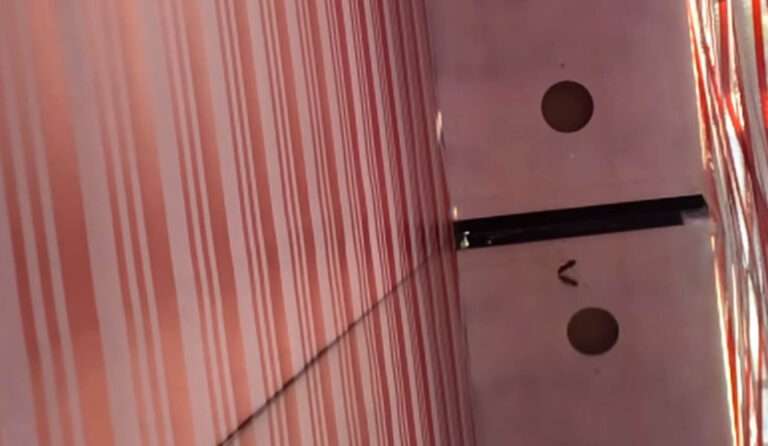
Honeybees Crash If They Look Into Mirrors, Study Reveals
Flying honeybees are more likely to crash if they fly over a mirror-smooth surface below them, a new scientific study has revealed. In a series of experiments, the bees were…

Flying honeybees are more likely to crash if they fly over a mirror-smooth surface below them, a new scientific study has revealed. In a series of experiments, the bees were…
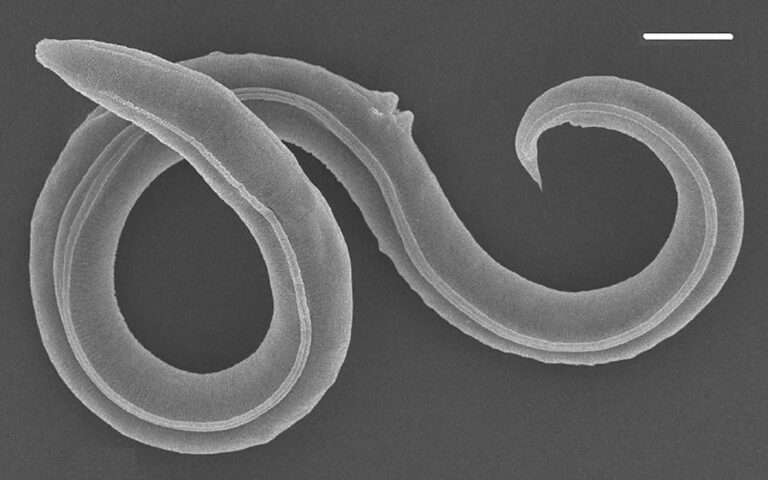
Scientists in Germany have reanimated a roundworm from the Siberian permafrost that had laid dormant for nearly 50,000 years. Researchers at the Max Planck Institute in Dresden, Saxony State, thawed…
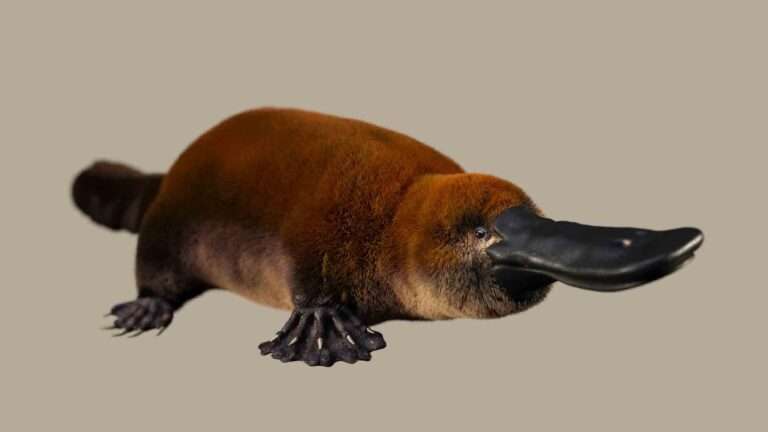
The fossilised remains of a new species that is a 70-million-year-old dinosaur-age relative of the modern-day platypus have been discovered in Patagonia. The researchers who made the discovery said that…

A team of experts has debunked previous scientific claims that humans are colonised by bacteria before birth. The research idea came after several studies published since 2010, claimed they detected…
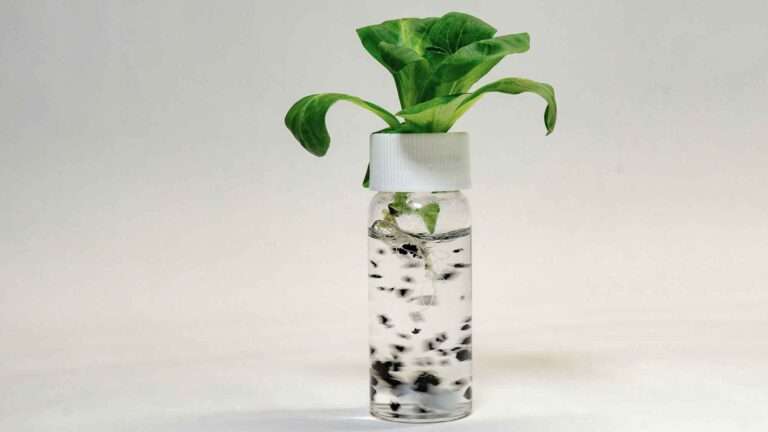
A new scientific study has shown that highly toxic chemicals from tyre wear get absorbed by lettuces through sewage sludge and waste water. Researchers at the Centre for Microbiology and…
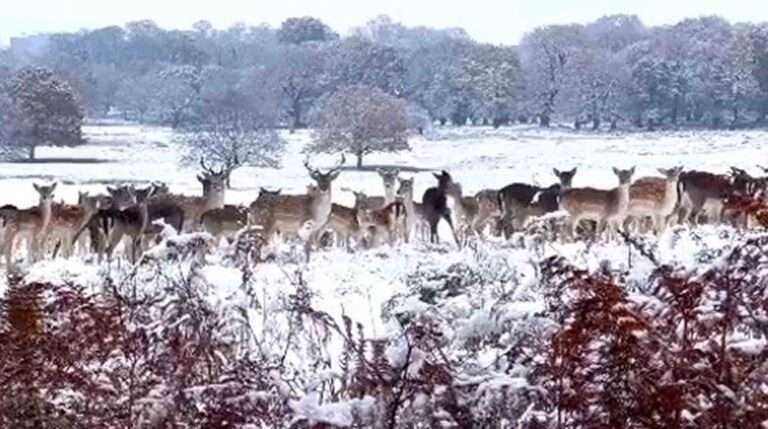
They could be roaming the ancient moorlands of Scotland as they appear through the frosty air on a frozen landscape. But, in fact, these shots of wild deer were taken…
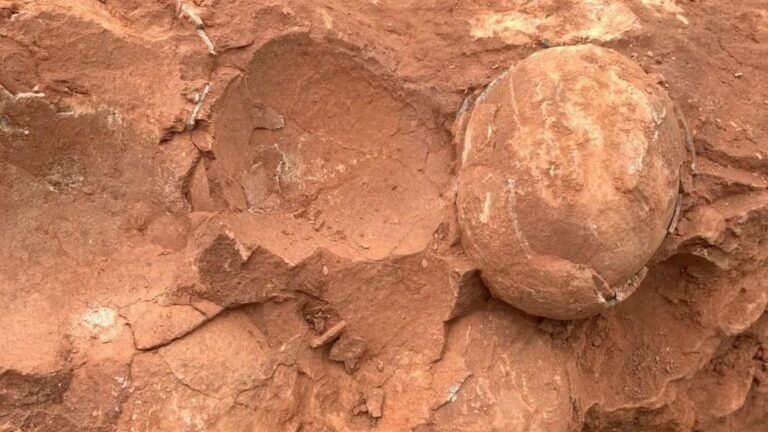
A scientific research team has unveiled a site with well-preserved fossilised dinosaur eggs that date back almost 70 million years in south-eastern China. Woman takes a picture of the dinosaur…
Thousands of jellyfish invade and completely overrun the waters of an Italian port city and left nearby onlookers feeling hypnotised by the view. The giant swarm was spotted in the…
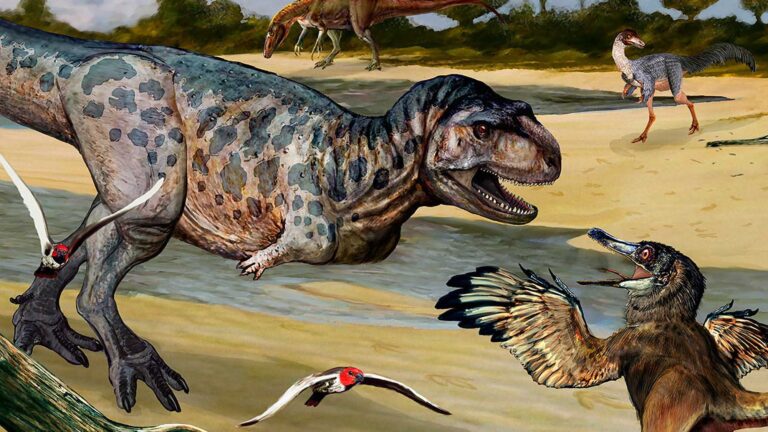
A new species of dinosaur dating back 90 million years has been discovered in Argentina. The discovery was unearthed near the city of Plaza Huincul, in the province of Neuquen,…
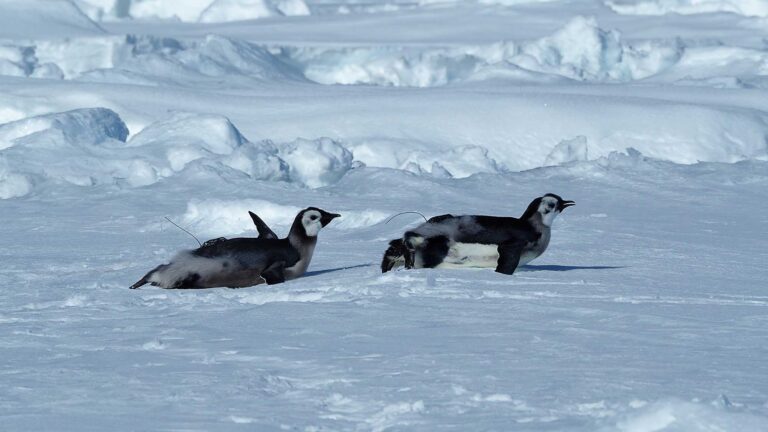
Tracking of young emperor penguins in Antarctica has shown that they live about 373 miles further north than previously believed and stay far outside of their protected areas. The Alfred…